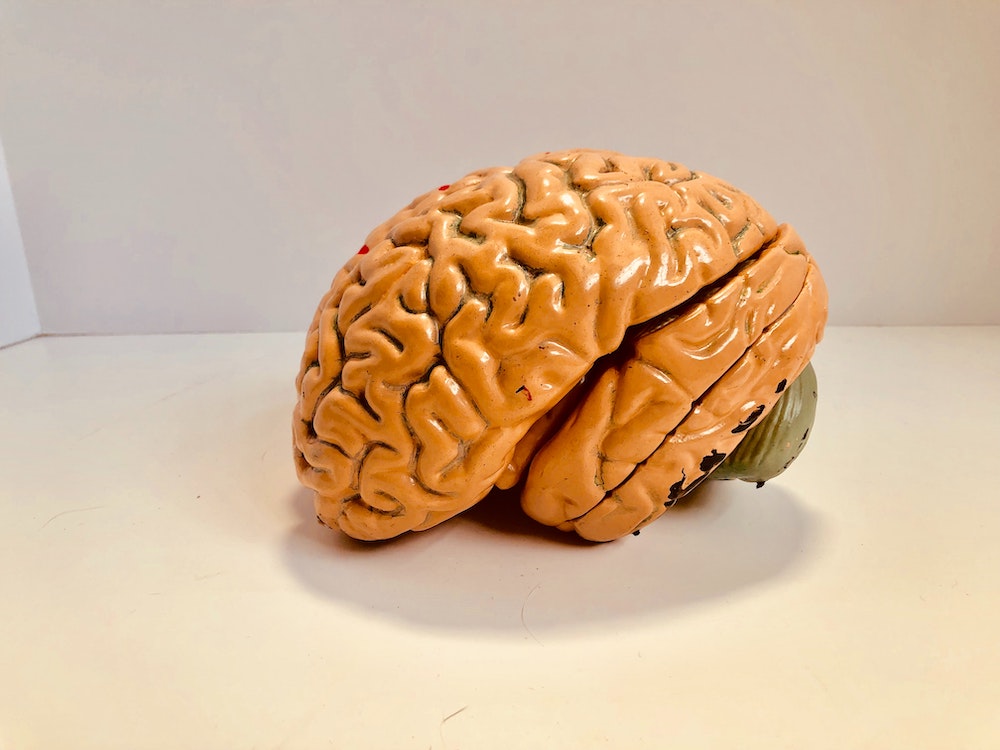The Top Nootropics

Nootropics, often called "intelligent medications," are substances designed to enhance cognitive function, particularly in areas such as memory, focus, and overall brain performance. These smart drugs have surged in popularity, especially in educational and professional environments, because they have the potential to improve various mental tasks. This guide explores the top nootropics, their advantages, potential hazards, and the best way to use them.
What are Nootropics?
Nootropics are a group of medications that enhance cognition and aim to improve mental functions like memory, creativity, and motivation (1). Dr. Corneliu E. Giurgea, the inventor of Piracetam, coined the term "nootropic" in 1972. Since then, a variety of nootropics, from natural supplements to synthetic compounds, have been researched for their potential cognitive benefits.
Types of Nootropics
- Racetams: Synthetic compounds such as piracetam and aniracetam are known for treating age-related cognitive decline (2).
- Cholinergic: Drugs that act on the acetylcholine neurotransmitter system, like donepezil and rivastigmine, are often used for Alzheimer’s patients.
- Amphetamines: Stimulant drugs like Adderall and Ritalin, which increase alertness but carry a risk of addiction.
- Natural Nootropics: Substances like caffeine, L-theanine, and omega-3 fatty acids have natural origins and are generally safer but less potent.
Benefits of Nootropics
Nootropics offer various cognitive benefits, including:
- Improved memory and recall
- Enhanced focus and concentration
- Increased mental clarity and motivation
- Reduced anxiety and stress
- Protection against age-related cognitive decline
These benefits are achieved by modulating neurotransmitters in the brain, improving neuron communication, and supporting healthy blood flow and oxygenation.
Top Nootropics for Memory and Concentration
- Caffeine: A powerful stimulant found in coffee and tea that improves alertness, focus, and memory by blocking adenosine receptors.
- L-theanine is an amino acid found in tea leaves that promotes relaxation without drowsiness and improves cognitive performance.
- Bacopa Monnieri: A traditional herbal remedy that boosts memory by stimulating acetylcholine production and has antioxidant properties (3).
- Rhodiola Rosea: An adaptogenic herb that reduces stress and enhances mental endurance (4).
- Panax Ginseng: Known for increasing energy, stamina, and cognitive function.
- Ginkgo Biloba: Improves cognitive function and circulation (5).
- Gotu Kola: Supports nerve function and memory.
How to Take Nootropics
Nootropics are available in different forms, such as pills and powders. Comply with the suggested doses and consider the timing of consumption to maximize benefits and minimize side effects. For instance, some nootropics are best taken in the morning to support daytime alertness, while others might be more effective when taken with meals to enhance absorption.
Choosing the Best Nootropics for You
When selecting nootropics, consider the following:
- Desired Outcome: Whether you want to improve focus, memory, or motivation.
- Side Effects: Assess the safety and potential adverse effects.
- Current Cognitive State: Determine your needs, such as enhancing recent memory or concentration.
Related Studies:
- The nootropic concept and its prospective implications, published by Wiley, summarizes how Dr. Corneliu E. Giurgea coined the term "nootropic" and discovered piracetam, which was found to enhance cognitive function and protect the brain from damage.
- Efficacy of piracetam in the treatment of cognitive dysfunction in early Alzheimer's disease and vascular dementia, published in Neuropsychiatric Disease and Treatment, found that piracetam improved cognitive function in patients with early-stage Alzheimer's and vascular dementia.
- Bacopa monnieri, a reputed nootropic plant: an overview published in the Journal of Ethnopharmacology, reviewed studies showing its beneficial effects on memory, cognition, and neuroprotection.
- Rhodiola rosea L. as a Putative Botanical Antidepressant, published in Frontiers in Pharmacology, summarized evidence that Rhodiola Rosea can reduce stress and improve cognitive function.
- Ginkgo biloba for cognitive impairment and dementia, published in the Cochrane Database of Systematic Reviews, found that it may have small beneficial effects on cognitive function, particularly in people with dementia.
Conclusion
Nootropics offer a promising way to enhance cognitive function, whether you seek improved memory, better focus, or increased mental clarity. This guide has highlighted some of the top nootropics available and their potential benefits. Always remember to carry out thorough studies and speak with healthcare professionals to find the most suitable nootropic for your needs. Start exploring these powerful tools and unlock your brain's potential today!
FAQs
Q: Are nootropics safe?
A: Most nootropics are considered safe when used as directed. However, synthetic nootropics may pose more significant risks than natural ones. Always check with your doctor before beginning any new supplement regimen.
Q: Can nootropics improve long-term cognitive health?
A: Some nootropics, especially those with antioxidant properties like Bacopa Monnieri and Ginkgo Biloba, may support long-term brain health and protect against age-related decline.
Q: Do nootropics have any side effects?
A: Side effects vary by substance. Natural nootropics tend to have fewer and milder side effects, while synthetic ones can pose risks such as addiction or cardiovascular issues.
Q: How long does it take to see results from nootropics?
A: Results can vary. Some nootropics, like caffeine, provide immediate effects, while others, like Bacopa Monnieri, may take several weeks of consistent use to show benefits.
